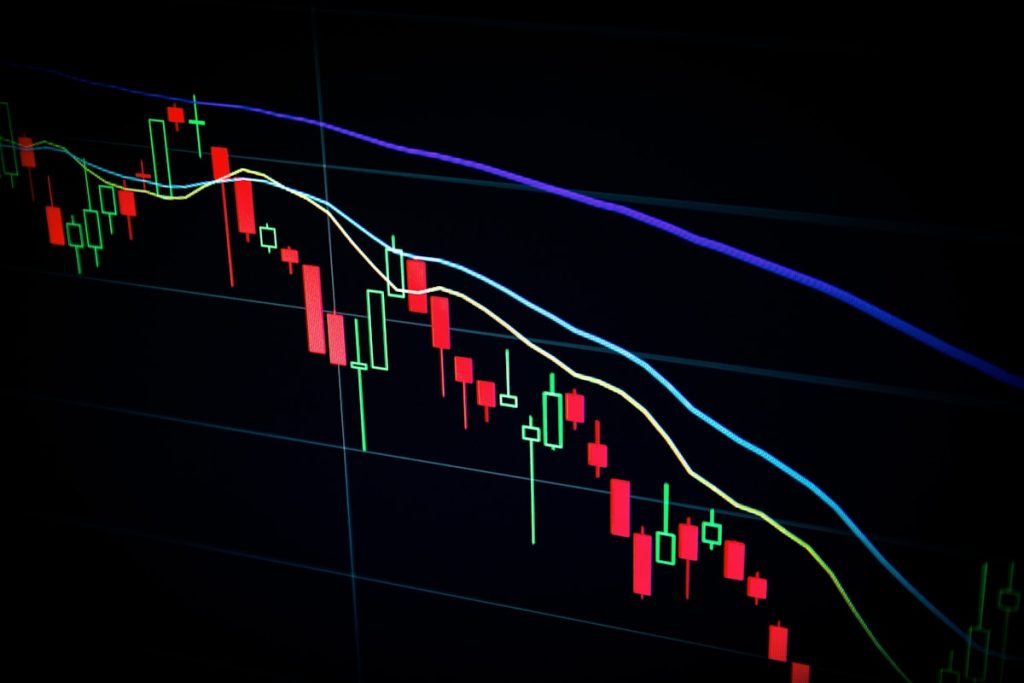Stocks Rally as Trump's Tariffs Spark Market Volatility
U.S. stocks surged on Monday despite the implementation of sweeping new tariffs on imported goods announced by former President Donald Trump, defying expectations of a market downturn. The S&P 500 climbed 1.5%, the Dow Jones Industrial Average rose 1.8%, and the tech-heavy Nasdaq Composite gained 1.2% in midday trading. Analysts attributed the rally to investor optimism around sectors poised to benefit from protectionist policies, even as concerns linger over broader economic impacts.
Market Reaction to Tariff Announcement
The tariffs, targeting $300 billion worth of Chinese imports, including electronics, machinery, and consumer goods, initially sparked fears of renewed trade tensions. However, markets quickly pivoted to focus on industries likely to gain from reduced foreign competition. Shares of domestic manufacturers, steel producers, and energy companies led gains, with U.S. Steel and Nucor rising 4.3% and 3.7%, respectively. Automotive stocks, including Ford and General Motors, also climbed over 2% amid expectations of higher demand for American-made vehicles.
Sector-Specific Movements
- Technology: Semiconductor stocks rebounded after early losses, with NVIDIA and Advanced Micro Devices up 2.1% and 1.9%.
- Agriculture: Farm equipment maker Deere & Co. jumped 3.4% on bets that tariffs could boost U.S. agricultural exports.
- Consumer Goods: Retailers like Home Depot and Lowe's gained over 1.5% as investors priced in potential supply chain adjustments.
Analyst Perspectives
Market experts remain divided on the long-term implications. "This rally is driven by short-term optimism in protected sectors, but tariffs could stifle global trade and inflate costs," said Jane Collins, chief economist at Brimstone Capital. Others noted that the tariffs align with Trump's broader economic agenda, which has historically buoyed equities. "Investors are betting on a repeat of the 2017–2019 market boom under similar policies," remarked Michael Torres of Horizon Advisory Group.
Global Markets Respond
International reactions were mixed. European indices, including the FTSE 100 and DAX, edged lower amid fears of retaliatory measures from China. Meanwhile, Asian markets closed unevenly, with Japan's Nikkei 225 slipping 0.6% and the Shanghai Composite dropping 1.1%. The U.S. dollar strengthened against the yuan, hitting a six-month high.
Looking Ahead
While the immediate market response has been positive, analysts warn of potential headwinds. Rising input costs for manufacturers and higher consumer prices could pressure corporate margins and inflation. The Federal Reserve's upcoming policy meeting will be closely watched for signals on interest rates, as traders price in a 58% chance of a September rate cut, according to CME Group data.
Investors are advised to monitor trade negotiations and earnings reports from tariff-sensitive industries in the coming weeks. For now, the market's resilience underscores its ability to adapt to geopolitical shifts—even those as contentious as sweeping new tariffs.



